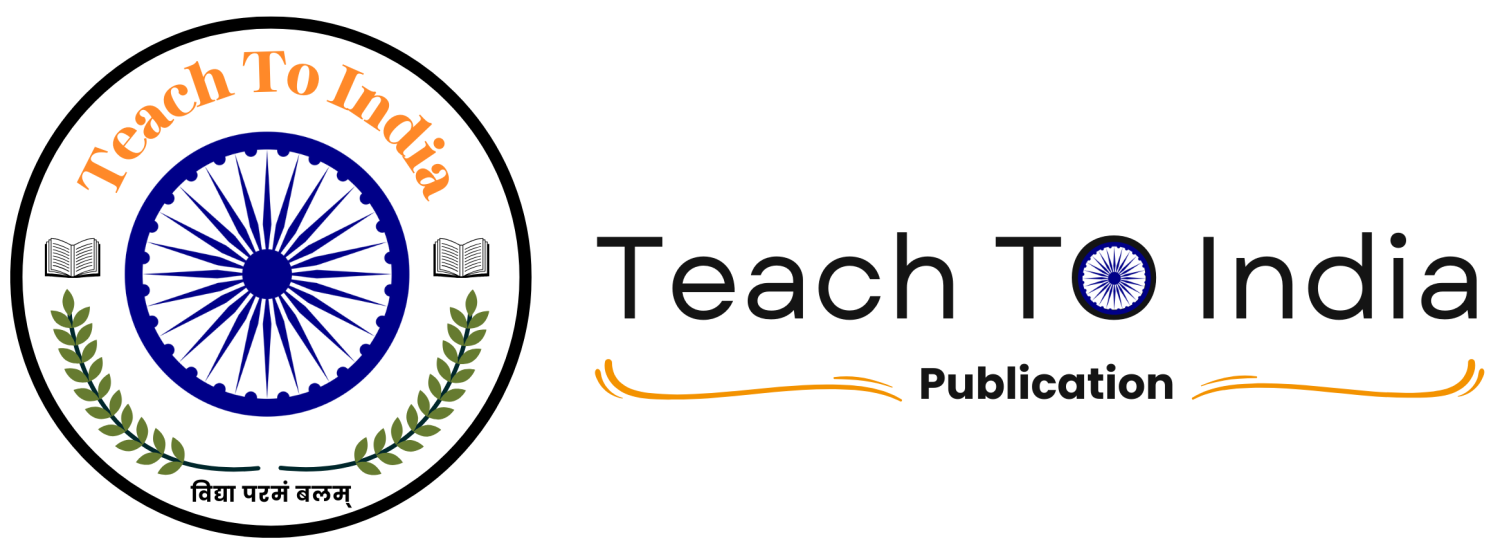Participatory Management in Community Development - सामुदायिक विकास में सहभागी प्रबंधन – Adv
- Description
- Curriculum
- Reviews

Model Question Paper
Participatory Management in Community Development – सामुदायिक विकास में सहभागी प्रबंधन
Key Features | मुख्य विशेषताएँ
-
Bilingual Model Paper | द्विभाषी मॉडल पेपर
This model paper is Designed in English and Hindi, making it easier for students from both mediums to understand and practice effectively.
यह मॉडल पेपर अंग्रेज़ी और हिंदी दोनों भाषाओं में डिज़ाइन किया गया, जिससे दोनों माध्यमों के छात्रों को अध्ययन और अभ्यास करने में आसानी हो। -
Unit-wise Short Notes | इकाईवार संक्षिप्त नोट्स
Each unit includes a summary in both languages, making revision faster and more effective.
प्रत्येक इकाई में दोनों भाषाओं में सारांश उपलब्ध है, जिससे पुनरावृत्ति तेज़ और प्रभावी हो सके। -
Extensive MCQ Practice | विस्तृत MCQ प्रैक्टिस
1500+ MCQ Practice Questions: This comprehensive question bank includes 1500+ multiple-choice questions (MCQs). Each unit contains approximately 150 MCQs covering a wide range of cognitive levels such as remembering, understanding, application, and analysis.
1500+ MCQ अभ्यास प्रश्न: इस प्रश्न बैंक में 1500 से अधिक बहुविकल्पीय प्रश्न (MCQ) शामिल हैं। प्रत्येक यूनिट में लगभग 150 MCQ हैं, जो याददाश्त, समझ, अनुप्रयोग और विश्लेषण जैसे विभिन्न संज्ञानात्मक स्तरों को कवर करते हैं। -
Exam Practice Paper with Mock Tests | मॉक टेस्ट के साथ परीक्षा अभ्यास पत्र
Includes three full-length mock tests for real exam practice.
तीन पूर्ण मॉक टेस्ट दिए गए हैं, जिससे छात्र वास्तविक परीक्षा अभ्यास कर सकें। -
Latest Syllabus as per NEP | NEP के अनुसार नवीनतम पाठ्यक्रम
The syllabus aligns with the latest National Education Policy (NEP) and follows the exam patterns of MSU, CCSU, and other universities following the NEP.
पाठ्यक्रम नवीनतम राष्ट्रीय शिक्षा नीति (NEP) के अनुसार है और यह MSU, CCSU तथा अन्य NEP का पालन करने वाले विश्वविद्यालयों की परीक्षा प्रणाली का अनुसरण करता है। -
Designed by Experts | विशेषज्ञों द्वारा तैयार किया गया
This question bank has been meticulously prepared by subject matter experts to ensure accuracy and relevance.
यह प्रश्न बैंक विषय विशेषज्ञों द्वारा सावधानीपूर्वक तैयार किया गया है, जिससे इसकी सटीकता और प्रासंगिकता बनी रहे।
Why Choose This Model Paper? | यह मॉडल पेपर क्यों चुनें?
-
Dual-Language Advantage: Ideal for both English and Hindi medium students.
द्विभाषी लाभ: अंग्रेज़ी और हिंदी दोनों माध्यमों के छात्रों के लिए उपयुक्त। -
Complete Exam Preparation: Unit-wise summaries, MCQ practice, and mock tests provide a complete study solution.
पूर्ण परीक्षा तैयारी: इकाईवार सारांश, MCQ अभ्यास, और मॉक टेस्ट संपूर्ण अध्ययन समाधान प्रदान करते हैं। -
Latest NEP-Based Pattern: Ensures compliance with the latest university exam structure.
नवीनतम NEP-आधारित पैटर्न: यह नवीनतम विश्वविद्यालय परीक्षा संरचना के अनुरूप है।
|
Program Class: Diploma/ BA |
Year: Second |
Semester: IV |
||
|
Subject: Sociology |
||||
|
Course Title: Participatory Management in Community Development |
||||
|
Course Learning Outcomes: On completion of this course, learners will be able to: The syllabus is designed to introduce students to the emerging social problems, the concept, and issues of development in Indian Society. The course intends to focus upon deviant and delinquent behavior, the issue of corruption, and other disorganizational and structural problems of Indian Society. The endeavor of the course is to make learners aware of the social problems and developmental issues in Indian Society. |
||||
|
Credits: 4 |
Core Compulsory |
|||
|
Max. Marks: –25+75 |
Min. Passing Marks: 33 |
|||
|
Unit |
Topics |
|||
|
I |
Participatory Management: Meaning, Nature, Scope and Relevance |
|||
|
II |
Approach: Training Methodology, Conscientization, and follow-up capacity building activities |
|||
|
III |
Needs Assessment of target group specially: SC, ST, OBC, Women and PH |
|||
|
IV |
Participatory Extension: PRA: Participatory Rural Appraisal |
|||
|
V |
Participatory Extension: RRA: Rapid Rural Appraisal |
|||
|
VI |
FGS: Focused Group Strategy |
|||
|
VII |
PLA: Participatory Learning & Action: Sociology of Sanitation |
|||
-
1Unit 1: English Summary - Participatory Management in Community Development
-
2Unit 1: Hindi Summary - Participatory Management in Community Development
-
3Unit 1: MCQs - Participatory Management in Community Development- Adv
-
4Unit 2: English Summary - Participatory Management in Community Development
-
5Unit 2: Hindi Summary - Participatory Management in Community Development
-
6Unit 2: MCQs - Participatory Management in Community Development- Adv
-
7Unit 3: English Summary - Participatory Management in Community Development
-
8Unit 3: Hindi Summary - Participatory Management in Community Development
-
9Unit 3: MCQs - Participatory Management in Community Development- Adv
-
10Unit 4: English Summary - Participatory Management in Community Development
-
11Unit 4: Hindi Summary - Participatory Management in Community Development
-
12Unit 4: MCQs - Participatory Management in Community Development- Adv
-
13Unit 5: English Summary - Participatory Management in Community Development
-
14Unit 5: Hindi Summary - Participatory Management in Community Development
-
15Unit 5: MCQs - Participatory Management in Community Development- Adv
-
16Unit 6: English Summary - Participatory Management in Community Development
-
17Unit 6: Hindi Summary - Participatory Management in Community Development
-
18Unit 6: MCQs - Participatory Management in Community Development- Adv
-
19Unit 7: English Summary - Participatory Management in Community Development
-
20Unit 7: Hindi Summary - Participatory Management in Community Development
-
21Unit 7: MCQs - Participatory Management in Community Development- Adv
-
22Mock Test 1: Participatory Management in Community DevelopmentJust Register/Login to get access—no cost, no hassle! बस रजिस्टर/लॉगिन करें और एक्सेस प्राप्त करें—बिना किसी शुल्क और झंझट के!
-
23Mock Test 2: Participatory Management in Community Development
-
24Mock Test 3: Participatory Management in Community Development







